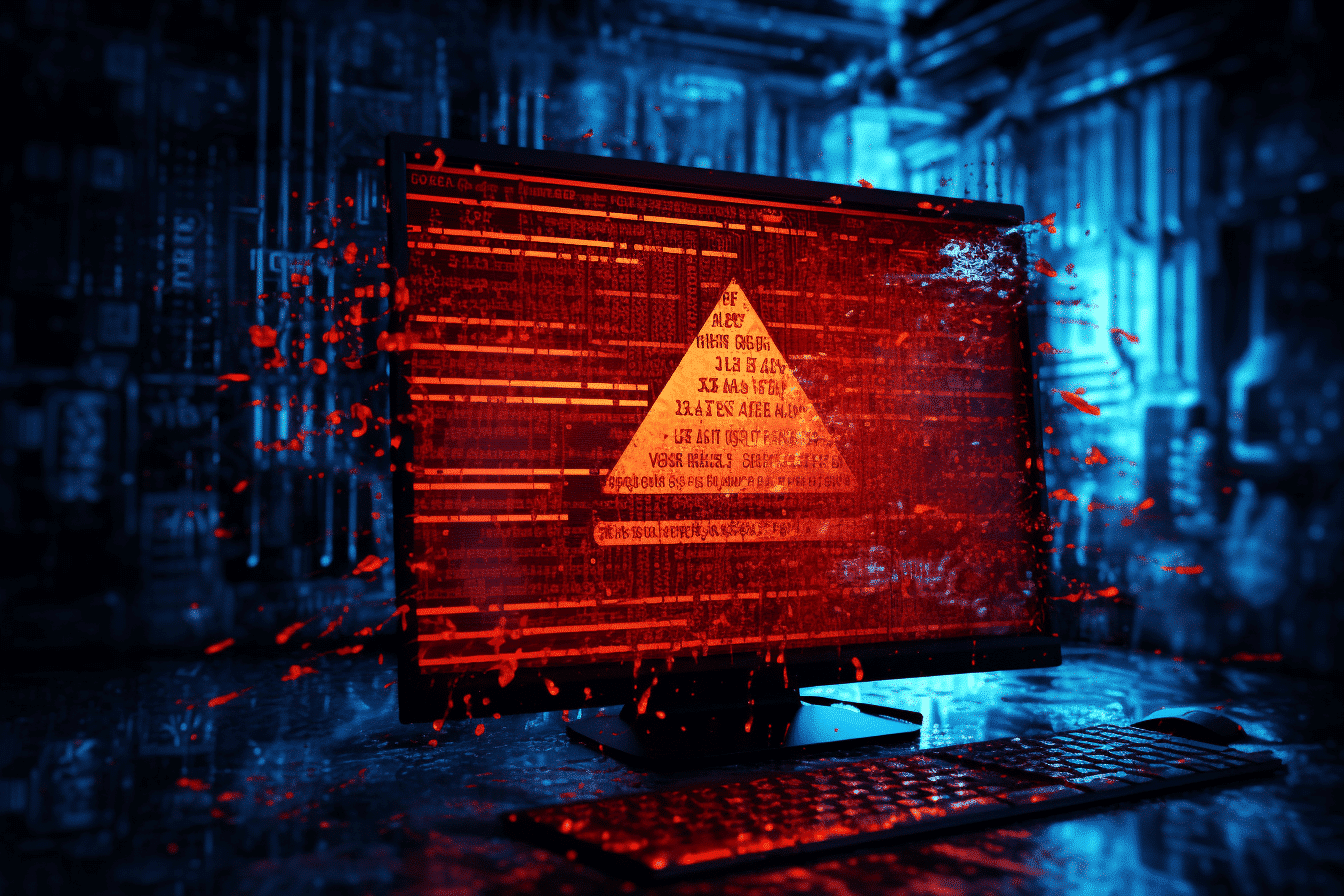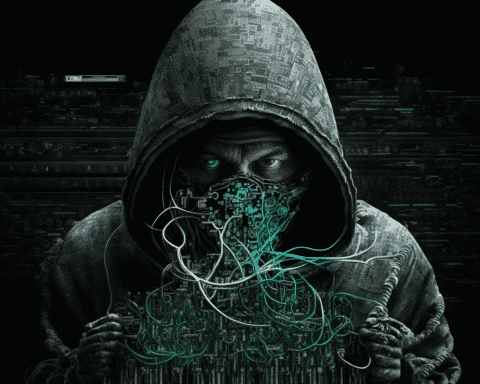In a striking cyber incident that has gripped the tech world, OpenAI’s ChatGPT experienced widespread disruptions on November 8th, with services intermittently crashing for users across the globe. The outages, which began surfacing in user complaints, were later confirmed by OpenAI to be the result of an abnormal surge in traffic, indicative of a Distributed Denial of Service (DDoS) attack.
A group identifying itself as Anonymous Sudan has stepped forward on social media, taking credit for the cyber onslaught. The group’s rationale for the attack is rooted in what they perceive to be a programming bias within ChatGPT, favoring Israel over Palestine. These claims have inserted a politically charged narrative into the discussion around AI neutrality and security.
The timeline of the service disruption began to unfold when OpenAI published an initial incident report at 12:03 PST on November 8th, acknowledging the technical difficulties and signaling a thorough investigation. A subsequent update within the next 40 minutes suggested a potential fix had been rolled out. However, optimism was short-lived as OpenAI reported continued “periodic outages” later that evening, with a 19:49 PST update confirming the outages were consistent with a DDoS attack.
Curiously, when ChatGPT itself was queried about the service interruptions, it demonstrated a lack of any systemic awareness, commenting that it had not noticed any outages and implied operations were normal. This response underscores the compartmentalized nature of AI functions and their separation from overarching network issues.
The incident has prompted cybersecurity experts to weigh in on the nature of such attacks and the broader implications for online services. The attack method, a DDoS, is a tactic that floods a target with excessive traffic to overwhelm and incapacitate it. What makes these attacks particularly challenging to counter is the attackers’ ability to remain hidden, often leveraging a diverse array of IP addresses, including those from unwitting home IoT devices, to launch their offensives.
The cybersecurity community emphasizes that despite the best defenses, such as robust DDoS protection, the dynamic and evolving tactics of cybercriminals pose an ongoing threat. The rapid advancement of these threat actors, coupled with their fearless and anonymous approach, makes absolute prevention an elusive goal.
In light of OpenAI being a prominent figure in technology innovation, and ChatGPT regularly making headlines, the platform has become a high-profile target for cyber threats. This event serves as a stark reminder of the constant need for vigilance in the digital age. The advice to companies like OpenAI, as distilled from expert commentary, is to persistently prepare for the unpredictable and bolster their defenses to withstand the unforeseen challenges that the future of cyber warfare may hold.
As the dust settles on this incident, the tech community is left to ponder the ramifications of such disruptions, not only on the functionality of AI services but also on the ethical debates surrounding AI biases and the security measures protecting these increasingly integral technologies.




